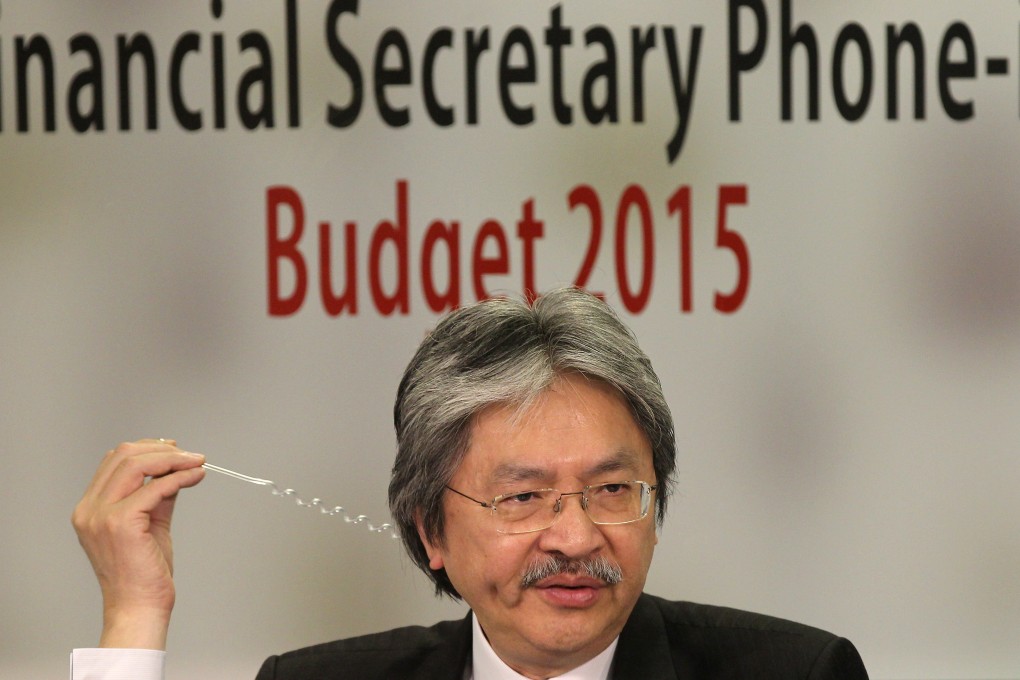Opinion | Inept government ensures Hong Kong gets a poor return on its riches
Philip Bowring says the city's budget and other recent decisions show how the government is failing both to use public funds wisely, and to invest them more profitably

No apologies for returning to the budget, a microcosm of just how inadequate Hong Kong's top bureaucrats are in devising medium- and longer-term strategies, especially as it coincided with an advisory body's report on the Future Fund. Addressing the rising cost of an ageing society must go together with raising the rates of return on all government assets, be they the HK$1.5 trillion in reserves or the hundreds of billions in revenue-earning assets.
Yet Financial Secretary John Tsang Chun-wah announced that work on the yet-to-be- approved third runway will start next year, without uttering one syllable about the financing of the most expensive public works project ever proposed for Hong Kong, with a price tag equal to 60 per cent of the Future Fund.
Are we to conclude that this would be financed by the Airport Authority from its own and borrowed resources? That seems unlikely, given the unwillingness so far of the authority to provide a commercial rationale for its plans. But if the government is expected to provide most of the money, where is this included in future estimates?
Tsang also mentioned another upcoming project without a price tag next year - a desalination plant to provide 5-10 per cent of water needs. Indeed, if there is a need for such an expensive source of water, it derives from the other failures of government. Unlike Singapore, Hong Kong has no political reason for greater water self-reliance. Is a government so fixated on cross-border cooperation unable to get a long-term supply agreement with Guangdong?
And if there is a general shortage looming, how about following Singapore in two cheaper directions. First, reduce water usage per person which, at present, due to low cost, is 25 per cent higher than in a comparable city, and reduce leakage losses. Secondly, build water recycling plants, which are much cheaper than desalination and produce drinkable water.
I am no great admirer of Singapore. But a sensible water policy is clearly in the interest of the public purse which Tsang is supposed to safeguard. Instead, we are confronted with yet another project cooked up by bureaucrats, consultants and the construction industry. Like the giant incinerator, which is preferred over smaller, more modern plants, or an effective waste recycling system, the desalination project shows how bureaucrats, unrestrained by shortages of money, love costly solutions to smarter ones.
The advisory group, meanwhile, has drawn attention to the miserable rates of return from the likes of tunnel tolls, water and sewerage, not to mention Disneyland and the Airport Authority. The "user pays" principle is merely a slogan. If the government cannot improve returns, these assets should be sold.

